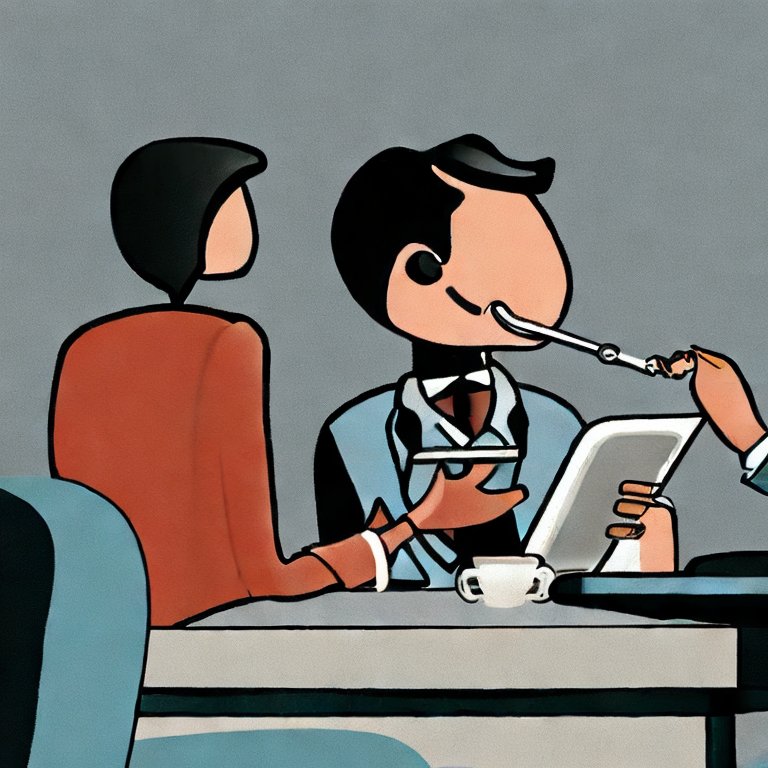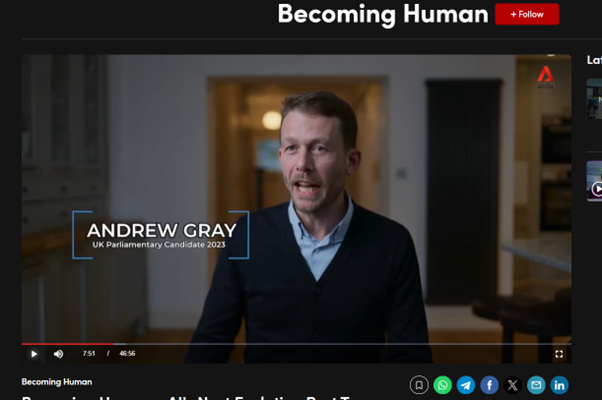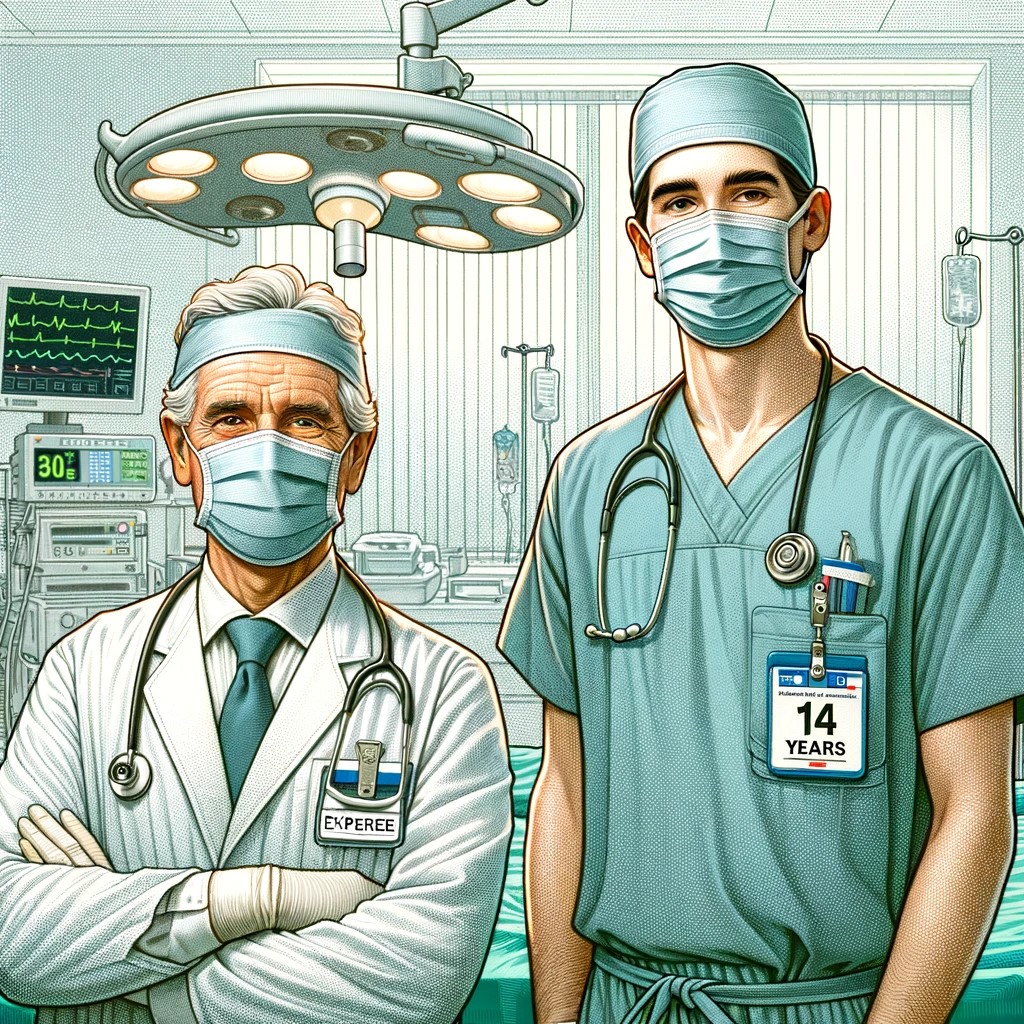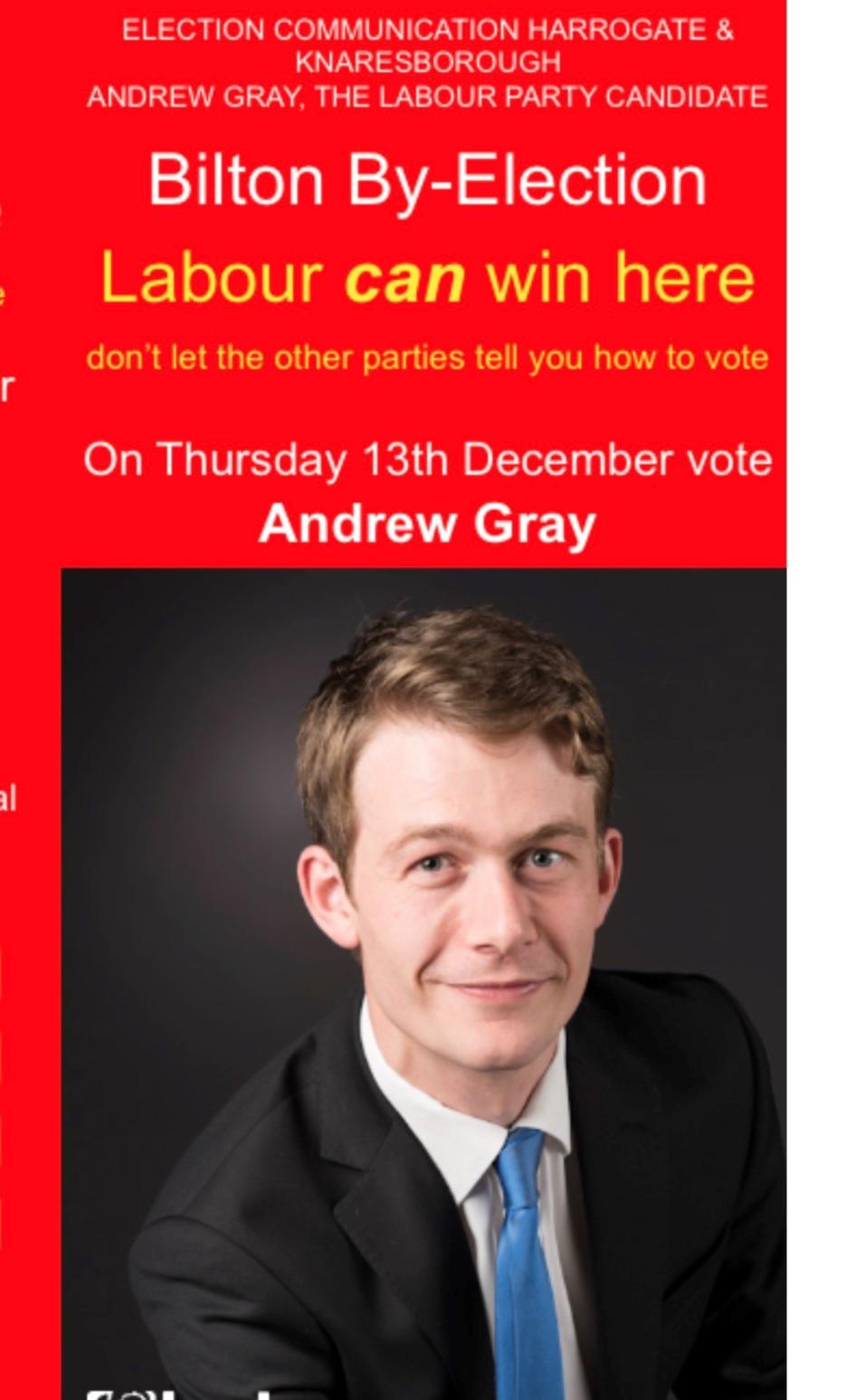During my 18 years practicing law, I have worked with hundreds of lawyers. I have also hired, managed and fired quite a few lawyers, too. Through my work I have also trained a few hundred doctors, and sued over 100 medics for medical negligence. And with my never-ending – and very boring – chronic health dramas, I have been treated by dozens of medics. I’d like to think that I have sufficient authority to express a view about doctors and lawyers. But the principle upon which I will write applies to most realms of work.
My thesis is: that the bedside manner of a professional is usually misleading to their client or patient. Yet most patients and clients simply don’t get this. The best example of this is Dr Harold Shipman: his wonderful bedside manner masked his 250 murders. Even after news of his crimes came to light, many residents of Hyde, Manchester said that they would still have had him as their doctor, because he was so lovely.
And just because a lawyer answers the phone and replies to emails in a timely manner, it doesn’t follow that sound legal work has taken place. Sure, it is a good sign that correspondence is courteously and quickly dealt with, but it doesn’t indicate that the advice has been accurate. The legal advice is the key element, not how it was presented. And just because a doctor appears understanding and thorough it doesn’t follow that their advice has been appropriate. Professional regulators only ensure a minimum level of professional competence – that’s all. Professional indemnity insurers charge higher sums to incompetent professionals, but remember that Dr Shipman wasn’t priced out of the market!
Over the years, I have witnessed incompetent lawyers, who have prepared a case poorly, only to succeed in their case, to the joy of their client. Conversely, I know of excellent lawyers, well prepared in their case, who have lost, to the ferocious disappointment of their client. In the first example, praise is misplaced and, in the second, criticism is unwarranted. Even the outcome doesn’t tell the full story.
When training medics about clinical negligence law, my number one tip for avoiding a claim is to ensure that they are transparent and extremely helpful with the patient who had just been damaged through their negligence. The last thing that a patient wants to do is to sue their doctor, even if the wrong kidney had been erroneously removed. Evasive, unhelpful doctors are the ones who bear the most complaints.
Many people don’t know this, but lawyers have forever been duty-bound to report to their client errors which have damaged their client. Rightly, we fess-up when we have blundered. However, in medicine, astonishingly, it is only since 2014 that medics have been subjected to a duty of candour. Yet the public trusts medics more than lawyers. Another example of misplaced trust.
In my experience, the only – though far from fool-proof – way to improve the odds of seeing the right lawyer, or medic, is to ask other professionals for their recommendations. And if you can get a few recommendations, from various professionals, then this will improve the odds that you are to see the right person for your issue. Ask the professional: if they had the [insert type of legal case or symptom] that you have, who would they want to see and why? And even if you see the very best professional, you won’t know if they are having an off-day.
All this assumes that the patient, or client, has ready access to other lawyers or doctors in their social circle, usually as part of their middle class advantage. Of course, online reviews and your own instinct have some place in judging the merits of various professionals, but know that, unless you are an expert in the field yourself, you simply don’t know whether your professional is any good.
So, good luck!










